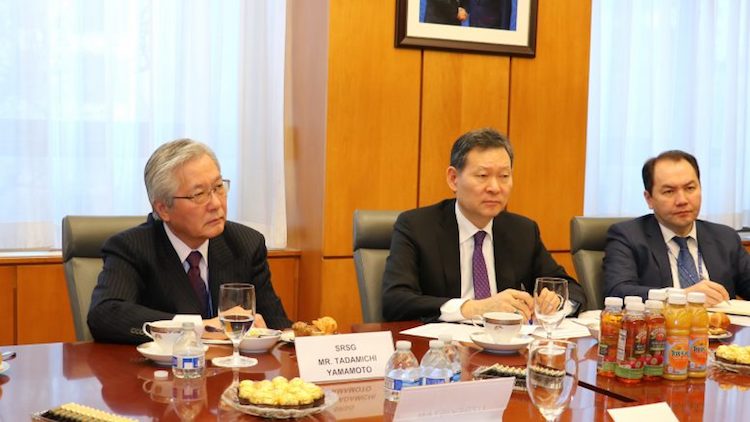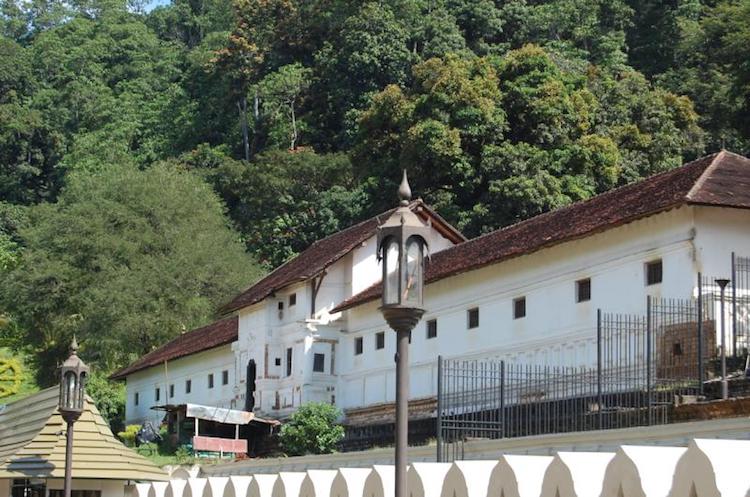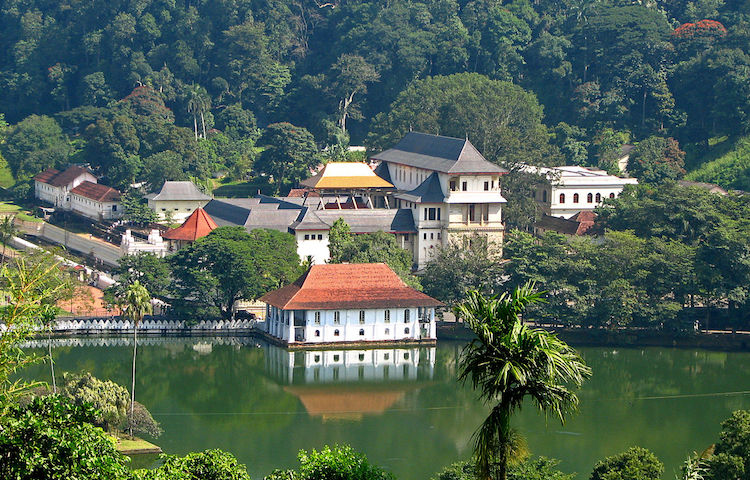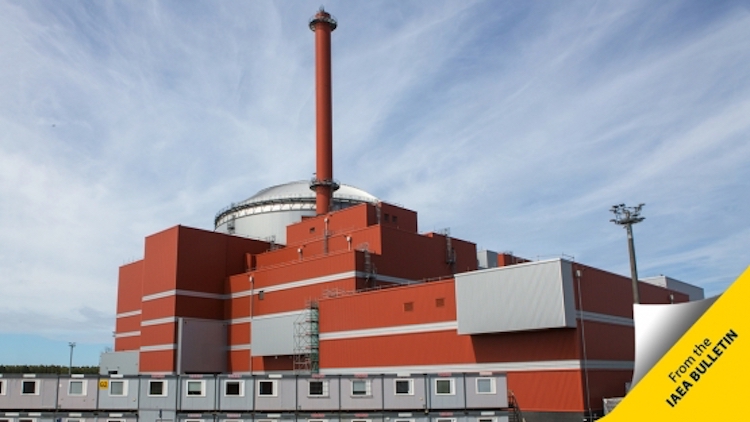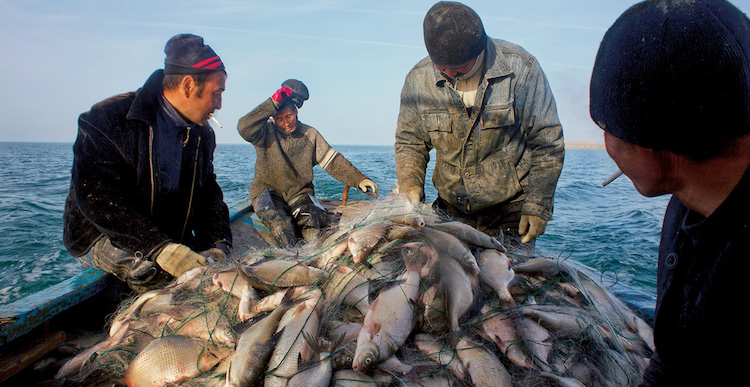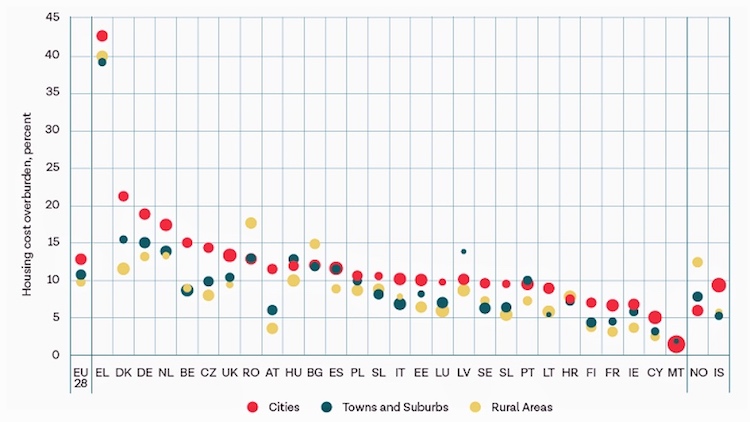By Bill Dahl* The following is an excerpt from investigative journalist Bill Dahl’s new book, Lake Chapala – Beneath The Surface – Considerations for Retiring in Mexico. It is available in paperback and e-book editions on Amazon. Copyright @ 2019. – The Editor REDMOND, Oregon, USA (IDN) – Needless to say, the social and political […]
Trump, Big Oil Double Down On Automobile Inefficiency
By William Mebane The writer is former Director of Energy Efficiency Department at the Energy and Sustainable Economic Development (ENEA). ROME (IDN) – A group of U.S. oil companies, including Chevron, Exxon Mobile, Marathon and Phillips – 66, together with the Trump Administration – are seeking to cancel the previously approved 2022-2025 requirements of energy […]
Kazakhstan Continues Discussions on Cooperation Between Afghanistan and Central Asia States
By Santo D. Banerjee NEW YORK (IDN) – Ambassadors from Central Asia and UN Secretary-General’s Special Representative for Afghanistan and head of the UN Assistance Mission in Afghanistan (UNAMA) Tadamichi Yamamoto met at Kazakhstan’s Permanent Mission to the United Nations on December 14, two weeks ahead of the Central Asian state’s non-permanent membership of the […]
Sri Lanka’s Heroic Freedom Struggles of 1818 and 1848 – Part 4
By Dr. Palitha Kohona The author is former Ambassador and Permanent Representative of Sri Lanka to the United Nations, and former Foreign Secretary. The following is Part 3 of the text of his keynote address delivered at Sri Lanka’s University of Peradeniya, Kandy, on 26 November 2018. – Click here for Part 1, Part 2 […]
Sri Lanka’s Heroic Freedom Struggles of 1818 and 1848 – Part 3
By Dr. Palitha Kohona The author is former Ambassador and Permanent Representative of Sri Lanka to the United Nations, and former Foreign Secretary. The following is Part 3 of the text of his keynote address delivered at Sri Lanka’s University of Peradeniya, Kandy, on 26 November 2018. – Click here for Part 1 and Part […]
Sri Lanka’s Heroic Freedom Struggles of 1818 and 1848 – Part 2
By Dr. Palitha Kohona The author is former Ambassador and Permanent Representative of Sri Lanka to the United Nations, and former Foreign Secretary. The following is Part 2 of the text of his keynote address delivered at Sri Lanka’s University of Peradeniya, Kandy, on 26 November 2018. – Click here for Part 1. COLOMBO (IDN-INPS) […]
Sri Lanka’s Heroic Freedom Struggles of 1818 and 1848 – Part 1
By Dr. Palitha Kohona The author is former Ambassador and Permanent Representative of Sri Lanka to the United Nations, and former Foreign Secretary. The following is Part 1 of the text of his keynote address delivered at Sri Lanka’s University of Peradeniya, Kandy, on 26 November 2018. COLOMBO (IDN-INPS) – We look back on a […]
Finland Eyes Nuclear Power to Hit Climate Targets
By Jeffrey Donovan The author is Press and Public Information Officer of the International Atomic Energy Agency (IAEA), based in Vienna. This article first appeared on the IAEA website on November 16, 2018. VIENNA (IDN-INPS) – Along the pine-lined shores of Finland’s bucolic western coast, a clean energy vision of the Nordic country’s future is quietly […]
Aral Sea Promises to Rise Like Phoenix from the ‘Ashes’
By Radwan Jakeem NEW YORK (IDN) – The zone of destruction created as a consequence of what has been called “one of the planet’s worst environmental disasters” has long crossed the frontiers of Central Asia, demanding urgent measures from the international community. Every year more than 150 million tons of toxic dust from the bottom […]
‘Growing Economic Divides’ Trouble Europe
By Robert Johnson BRUSSELS (IDN) – A spectre is haunting Europe – the spectre of Growing Economic Divides, which threaten to create tensions not only between the young and the old but also between employers and employees as well as between the low- and high-income earners. At the heart of the growing divides is housing, […]



